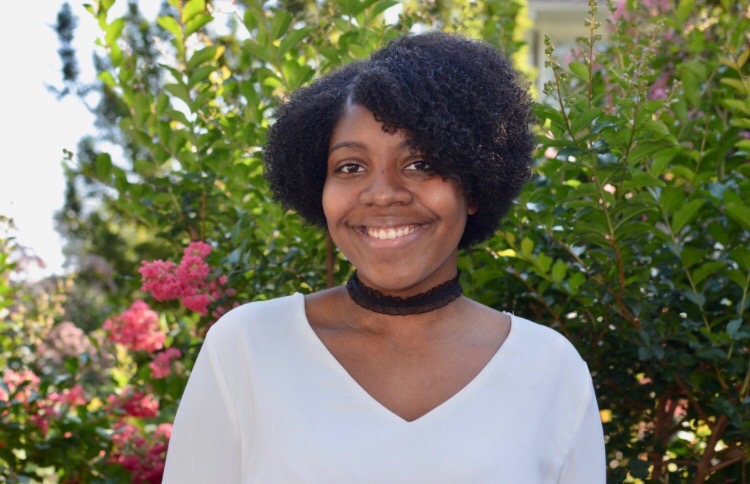‘Black history is YOUR history’
As February stands as the stage for Black History Month, this celebration of black history and black culture gives us all time to reflect. Shining a light on the achievements of black figures in American history and black experiences develops more connections to this deeply rich culture. Soaking in the fiery leadership of historical black models of excellence and applying it to your own life is the definition of the power that lies within this celebration.
Being at a predominantly white high school may make this month less relatable to a lot of people. Some people simply cannot connect with this celebration of black history in terms of its cultural ties, because they lack a connection between their experiences and the development of black culture. You may not be black, but you can still find ties between your personal experiences and that of many historical black figures in American history.
Think about a time when you might have felt alone in any given situation. Think about a time where you felt powerful and confident. Think about a time where you focused on uplifting your people. Even think about the awkward days in middle school where your friends might have excluded you from something. You may not be black, but it is time that you look for connections between your own life and the lives of those who are different from you.
Stepping into my classes every day, I often am the only black person when I look around the room. There is this void at times where I yearn for a stronger representation of my culture in the topics that we cover within the fabric of this education system. Learning about slavery every year in history class is often the only definition of the black experience that we ever encounter. There is always this awkward feeling where I feel like everyone is looking at me as we watch 12 Years A Slave. I know that there is more to my culture than the generic topics that we cover in our history classes. Although slavery is a very important part of black history, it should not stand as the only representation of the black experience in education systems.
Recycling this model as what it means to be an African-American continues to perpetuate the disconnect between students and black history. There is more to black history and black people than suffering. There is more to black culture than bondage. We, being black people, find power in suffering, but we also continue to break away from these toxic representations of our experiences in this country.
More than ever, America is becoming a country that finds comfort in separation and the divisive nature of stereotypes. It is time that we do our part as students at WHS to do our research and learn more about different cultures. What you see every day here at school is not what the real world is like. It is time that we band together and find strength in the different cultures that continue to thrive in this country. Rather than accepting the simple definitions of the black experience, talk to people and actively work towards educating yourself on black culture. Read poems by Langston Hughes or read the autobiography of an incredibly powerful woman named Assata Shakur.
It is our responsibility to break down the walls that continue to make this country sick. It is time for the wounds caused by racism to heal. Black history is a part of American history, no matter how hard misconceived notions work towards obscuring the connection between African-Americans and this country. With this, February should not stand as the only time that we focus on black culture and the experiences of black people in America. The fact that we use one month to celebrate black history reveals the issues that we have with connecting with different cultures. Cultures should be celebrated and valued within this country on a daily basis.
Although you may not be black, it is time that you find comfort in learning more about black history outside of school. Without being black, you will never be able to fully understand the black experience, but you can still research the beauty that is black culture. Black history is YOUR history as much as it is mine.

